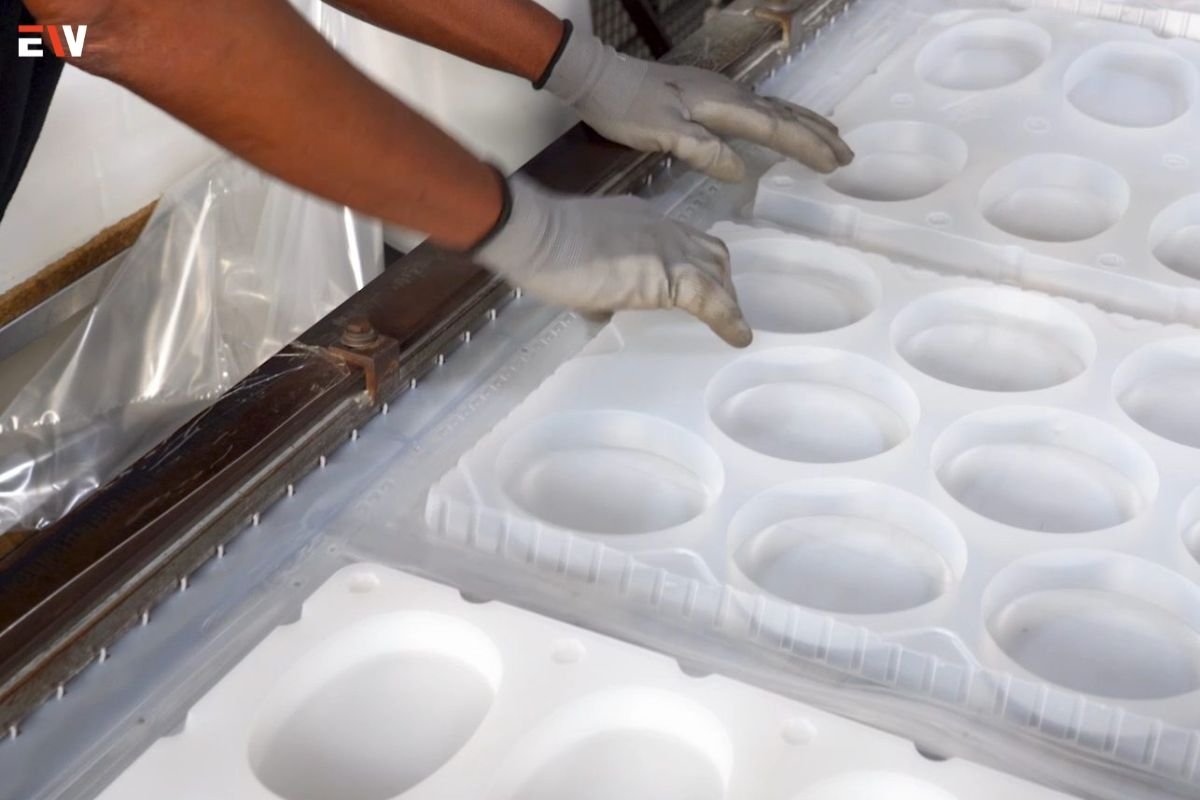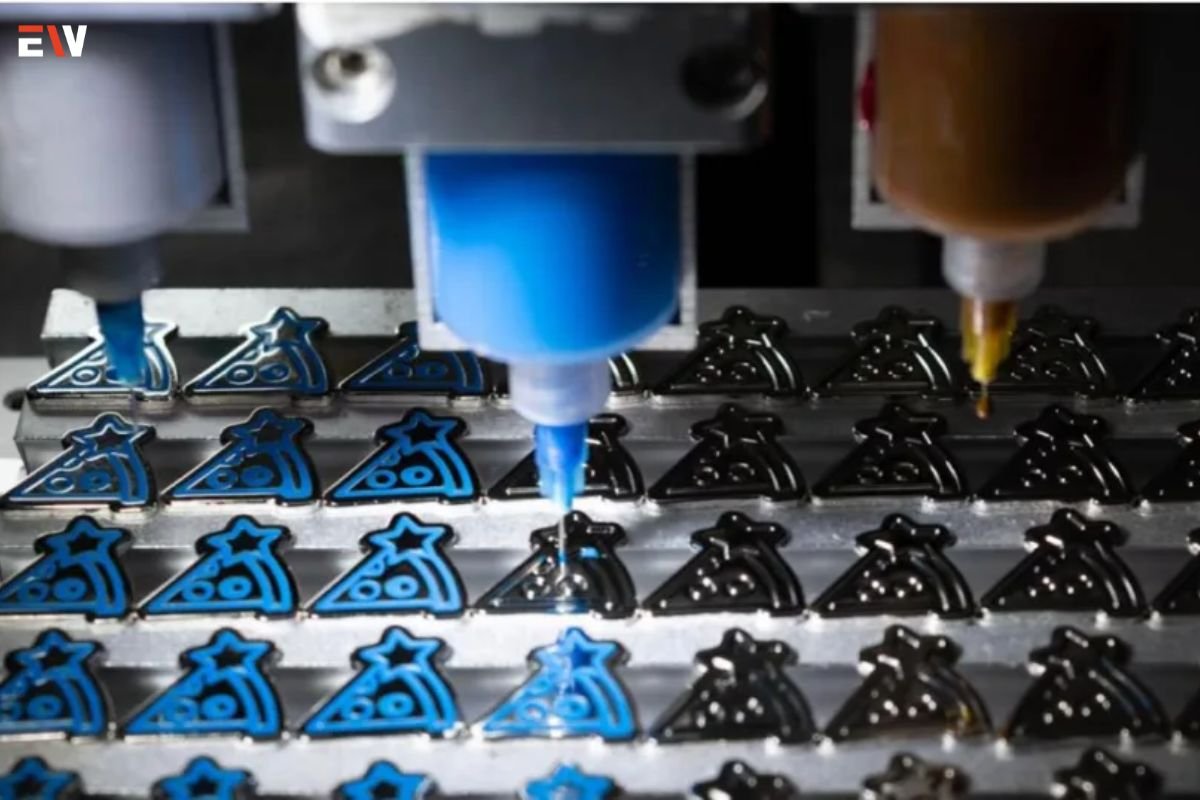Source- Grow Mechanical
In today’s market, businesses often require unique and specialized products that cannot be found off the shelf. This is where custom manufacturing services play a crucial role, offering tailored solutions to meet the specific needs and requirements of clients across various industries. In this guide, we’ll delve into the world of customized manufacturing services, exploring their benefits, processes, and applications in modern business environments.
Understanding Custom Manufacturing Services
Customized manufacturing services involve the production of goods or components according to the precise specifications, designs, and requirements of individual clients. Unlike mass production, which produces standardized products in large quantities, custom manufacturing focuses on delivering personalized solutions that meet the unique needs of each customer. Customized manufacturing services encompass a wide range of processes, including machining, fabrication, assembly, and finishing, to produce high-quality, bespoke products.
Benefits of Custom Manufacturing Services
1. Tailored Solutions
Custom manufacturing allows businesses to create products that are specifically designed to meet their exact specifications, ensuring a perfect fit for their unique needs and requirements.
2. Flexibility and Adaptability
Customized manufacturing services offer flexibility and adaptability to accommodate changes in design, materials, or production processes, enabling businesses to respond quickly to market demands and customer feedback.
3. Quality Assurance

By closely monitoring each stage of the manufacturing process, custom manufacturers can maintain strict quality control standards and ensure the highest levels of product quality and consistency.
4. Cost-Effectiveness
While custom manufacturing may involve higher upfront costs compared to mass production, it can ultimately be more cost-effective in the long run by reducing waste, minimizing inventory levels, and optimizing production efficiency.
5. Innovation and Creativity
Custom manufacturing encourages innovation and creativity by allowing businesses to experiment with new materials, designs, and technologies to create unique and cutting-edge products that differentiate them from competitors.
The Custom Manufacturing Process
The custom manufacturing process typically involves the following steps:
1. Consultation and Design
The process begins with a consultation between the client and the custom manufacturer to discuss project requirements, specifications, and design concepts. Collaborative design sessions may be conducted to develop detailed drawings, prototypes, or 3D models of the proposed product.
2. Material Selection
Once the design is finalized, the custom manufacturer selects the appropriate materials and components required for production. Factors such as durability, performance, cost, and availability are considered when choosing materials for the project.
3. Manufacturing and Production

The manufacturing process begins, with skilled technicians and craftsmen using advanced machinery, equipment, and techniques to fabricate, assemble, and finish the custom product according to the client’s specifications. Quality control measures are implemented throughout the production process to ensure accuracy, precision, and consistency.
4. Testing and Quality Assurance
Upon completion of manufacturing, the custom product undergoes rigorous testing and inspection to verify its performance, functionality, and durability. Any defects or inconsistencies are identified and addressed to meet the client’s quality standards and specifications.
5. Delivery and Installation
Once the custom product has passed quality assurance checks, it is prepared for delivery to the client’s location. Depending on the nature of the product, installation, and setup services may be provided to ensure proper integration and functionality within the client’s environment.
Applications of Custom Manufacturing Services
Customized manufacturing services are utilized across various industries and sectors, including:
1. Automotive
Custom manufacturing services are used to produce specialized components, prototypes, and aftermarket accessories for automotive applications, ranging from performance parts to custom interiors.
2. Aerospace
In the aerospace industry, customized manufacturing services are employed to produce precision-engineered components, aircraft interiors, and specialty materials that meet stringent safety and performance standards.
3. Medical Devices
Customized manufacturing services play a vital role in the production of medical devices, implants, and prosthetics, where precision, accuracy, and biocompatibility are critical requirements.
4. Consumer Electronics
Customized manufacturing services are utilized to produce custom-designed electronics, consumer gadgets, and wearable devices that cater to specific user preferences and functionalities.
5. Architectural and Interior Design

Customized manufacturing services are employed in architectural and interior design projects to create bespoke furniture, fixtures, and finishes that enhance aesthetic appeal and functionality.
Conclusion
Custom manufacturing services offer businesses the opportunity to create bespoke products that meet their exact specifications, requirements, and preferences. By leveraging advanced technologies, skilled craftsmanship, and innovative processes, custom manufacturers can deliver high-quality, tailored solutions that address the unique needs of clients across various industries. Whether it’s producing precision-engineered components for aerospace applications or crafting custom furniture for architectural projects, customized manufacturing services play a vital role in driving innovation, creativity, and differentiation in today’s competitive market landscape.










